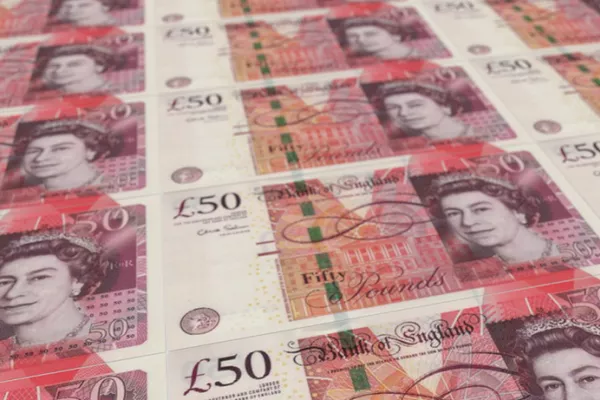The financial landscape is ever-changing, influenced by a myriad of factors ranging from economic policies to geopolitical events. In recent times, the British pound (GBP) has been under scrutiny, with concerns raised about its perceived loss of value. This article aims to delve into the various factors contributing to the fluctuations in the pound’s value and analyze whether it is indeed on a downward trajectory.
Economic Indicators:
One of the primary determinants of a currency’s strength is the economic health of the country it represents. In the case of the British pound, economic indicators play a crucial role in assessing its value. Key factors include GDP growth, employment rates, and inflation. A comprehensive examination of these indicators provides insights into the overall economic well-being of the United Kingdom.
As of the latest available data, the UK has experienced periods of both growth and contraction in its GDP. While the economy has rebounded from the impact of the global financial crisis, uncertainties surrounding Brexit and the COVID-19 pandemic have introduced volatility. The resurgence of inflation and fluctuations in employment rates further contribute to the nuanced economic landscape.
Brexit Uncertainties:
The prolonged and complex process of the United Kingdom’s withdrawal from the European Union, commonly known as Brexit, has had a substantial impact on the value of the British pound. The uncertainty surrounding trade agreements, regulatory frameworks, and market access has led to fluctuations in currency markets. Investors and businesses alike are cautious about the potential implications of post-Brexit policies, contributing to an environment of uncertainty that affects the pound’s value.
Global Economic Factors:
The interconnected nature of the global economy means that events occurring outside the United Kingdom can also influence the value of the British pound. International trade tensions, geopolitical conflicts, and fluctuations in commodity prices all play a role in shaping the currency’s value. For instance, disruptions in global supply chains or changes in demand for British exports can impact the pound’s exchange rates.
Monetary Policy and Interest Rates:
Central to a currency’s value is the monetary policy set by the country’s central bank. In the UK, the Bank of England (BoE) plays a pivotal role in formulating monetary policy. Interest rates, in particular, are a critical tool used by central banks to control inflation and stabilize the economy. Changes in interest rates can have a direct impact on the value of the pound.
In recent times, the Bank of England has faced the challenge of balancing the need for economic stimulus with the risks of inflation. Decisions regarding interest rates and quantitative easing measures have been closely watched by investors, as they seek to gauge the potential impact on the pound’s value. Divergent monetary policies among major economies also contribute to fluctuations in currency exchange rates.
Impact of the COVID-19 Pandemic:
The global economic landscape has been significantly shaped by the unprecedented challenges posed by the COVID-19 pandemic. The pandemic has led to disruptions in supply chains, changes in consumer behavior, and widespread economic uncertainty. In response, governments and central banks have implemented fiscal and monetary measures to mitigate the impact on their economies.
For the UK, the economic fallout from the pandemic has been substantial, with a contraction in GDP and increased government borrowing. While stimulus measures have been implemented to support businesses and individuals, concerns about the long-term economic recovery and potential inflationary pressures have influenced the value of the British pound.
See Also: What Does an English Pound Look Like?A Full Guide
Conclusion:
In conclusion, the evaluation of whether the British pound is losing value is a complex and multifaceted analysis. Economic indicators, Brexit uncertainties, global economic factors, and monetary policies all contribute to the fluctuations in the pound’s value. While certain periods may witness depreciation, it is essential to consider the broader economic context and the dynamic nature of the global financial landscape.
Investors and policymakers alike must remain vigilant in monitoring these factors to make informed decisions. As the UK continues to navigate through challenges and uncertainties, the trajectory of the British pound will likely remain subject to various influences. A comprehensive understanding of these factors is crucial for anyone seeking to comprehend the dynamics of the currency market and its implications for the broader economy.


